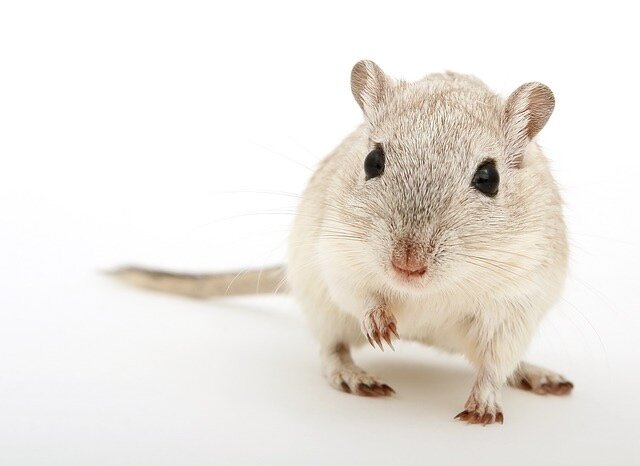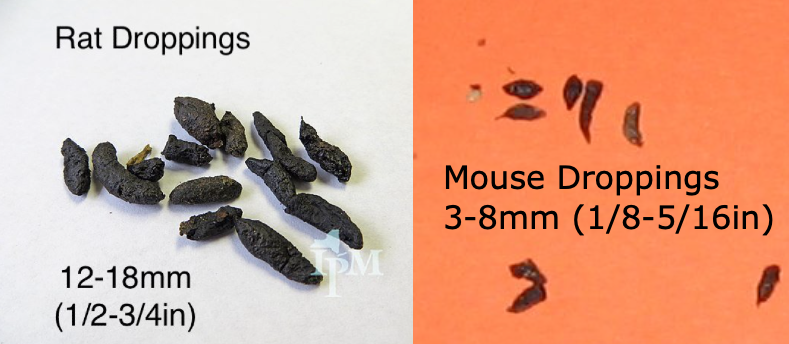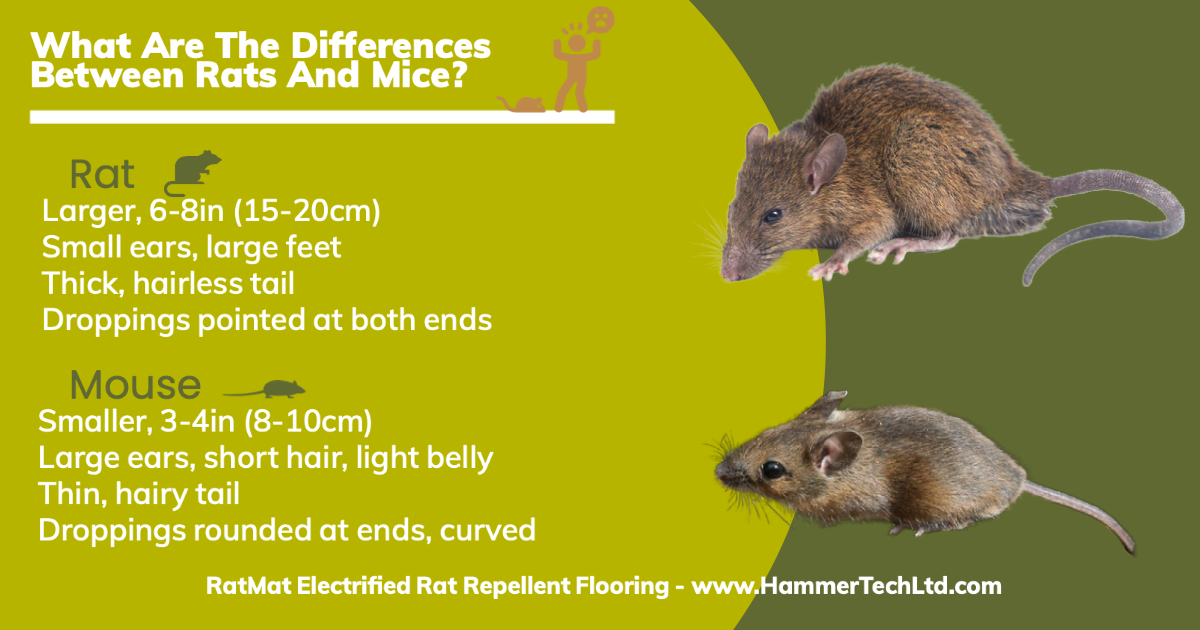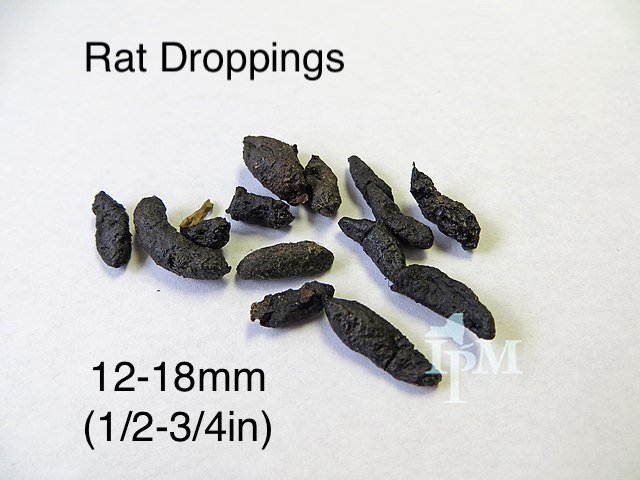
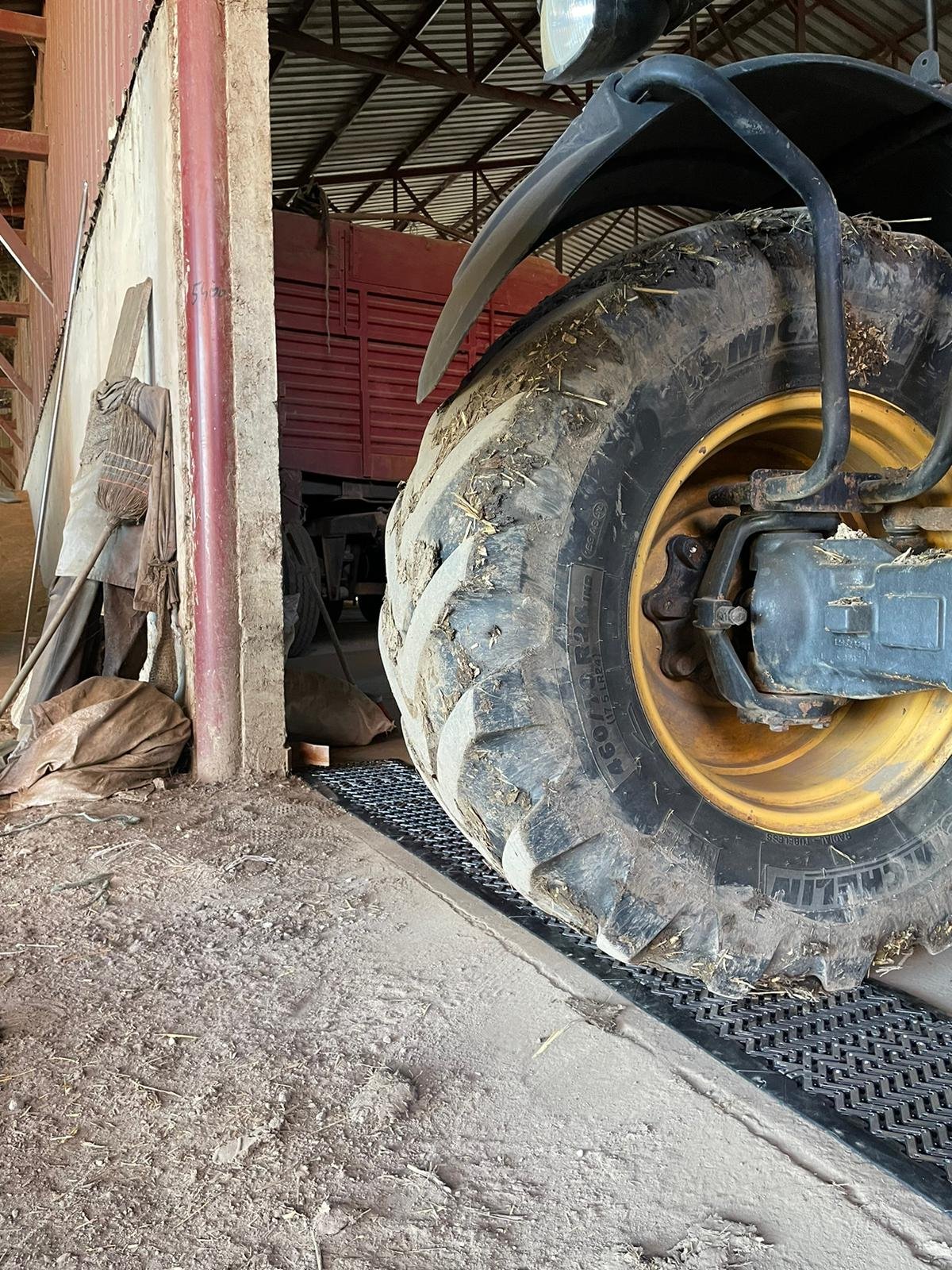
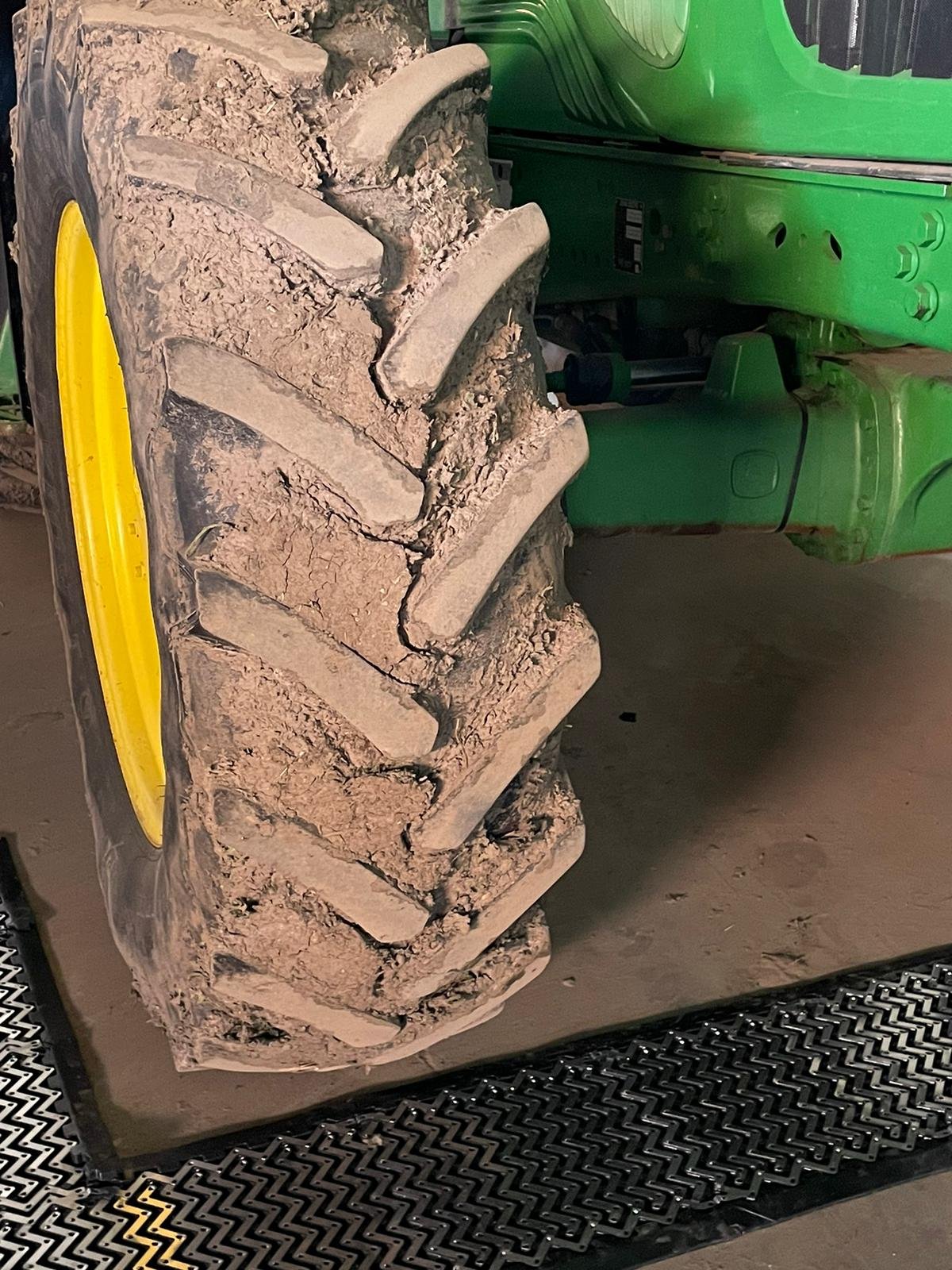
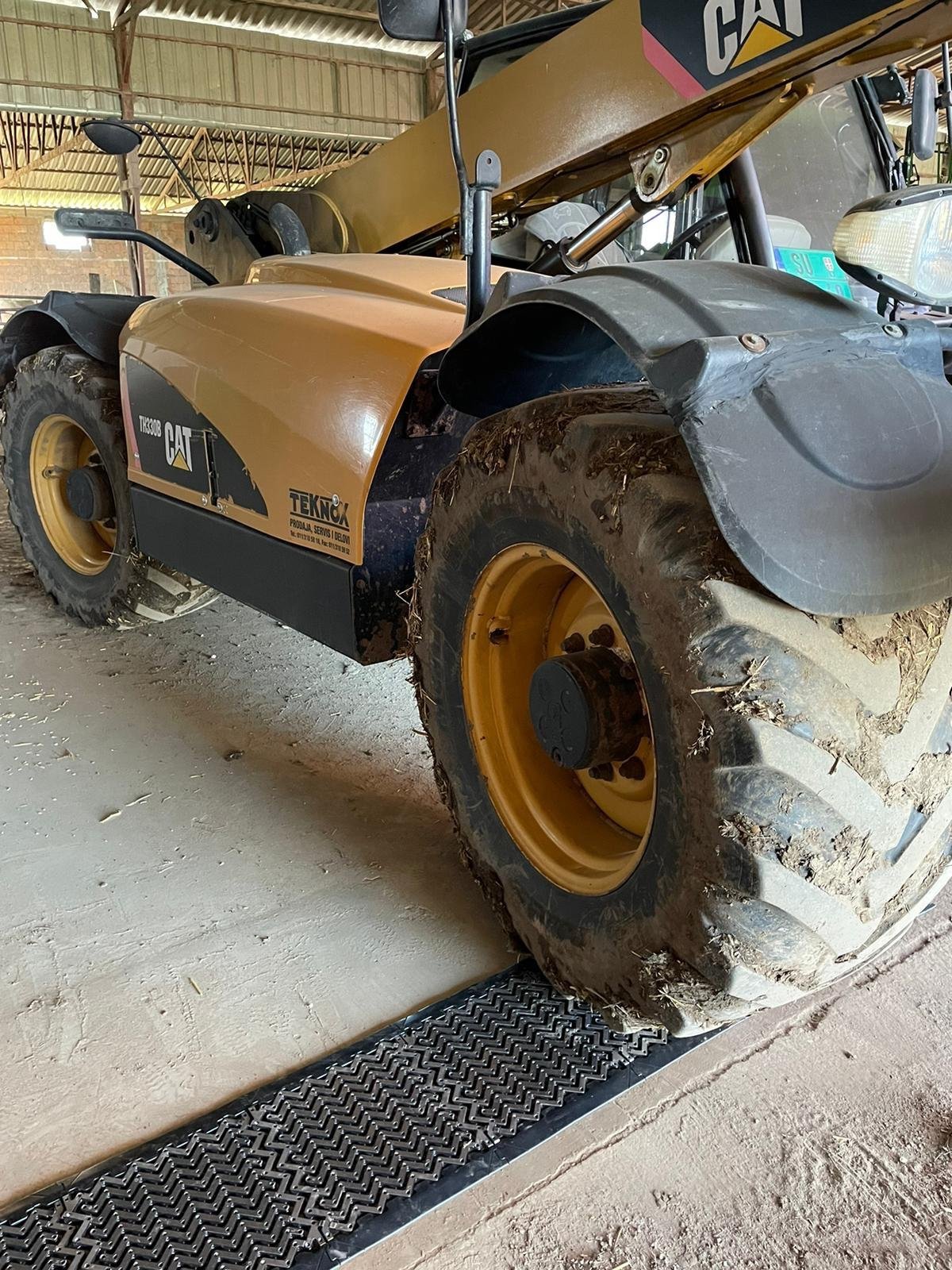
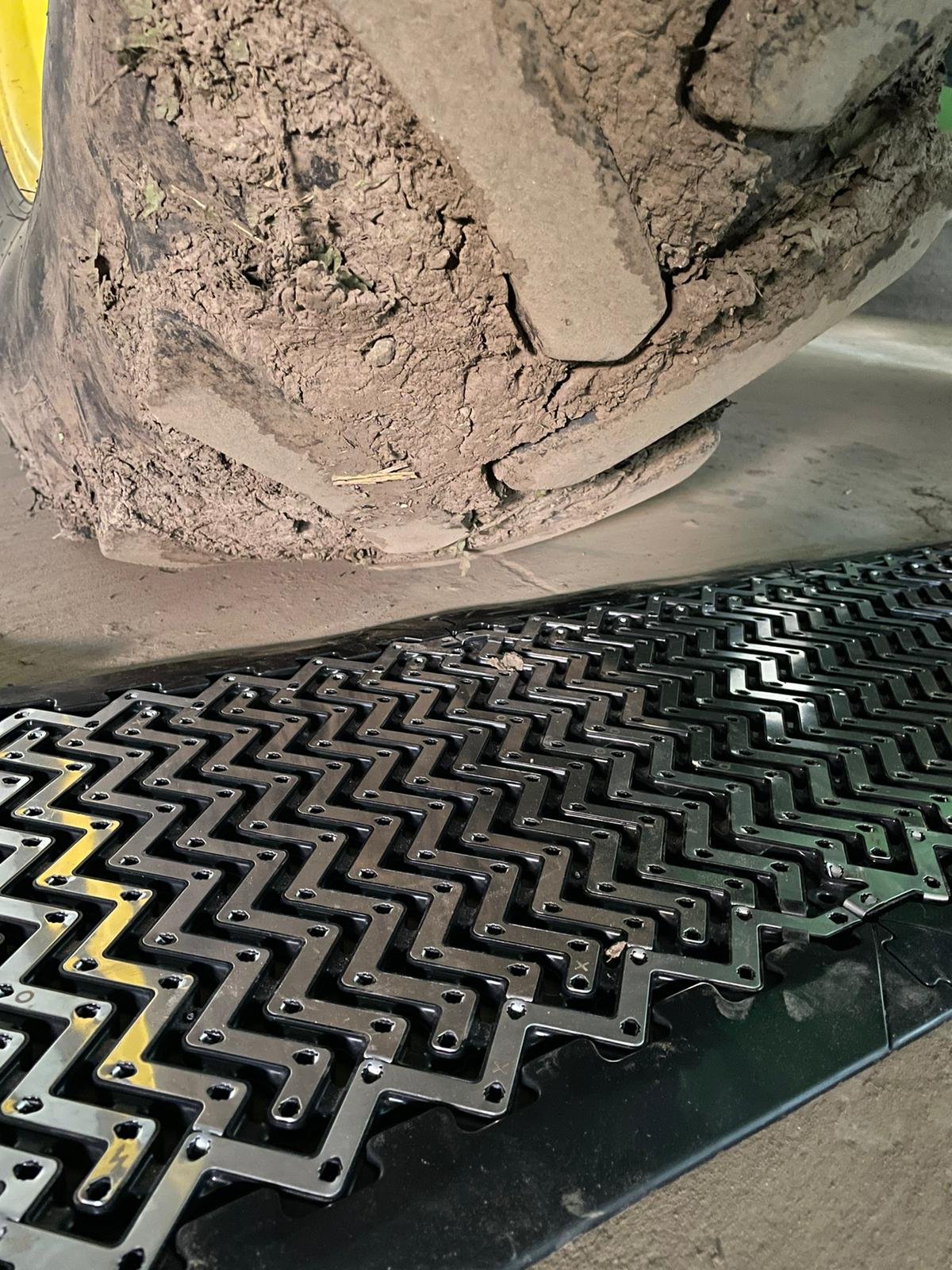
One of the main users of rodenticides is agriculture. This is costly in terms of both the money invested and the time required to manage the chemicals. Additionally, it harms the ecosystem. Rodents may, however, still do a lot of harm on farms. This may be true despite intensive use of conventional pest control techniques. Given that it cannot be consumed and does not harm the environment, RatMat is a fantastic answer to these issues. Rodents are entirely kept at bay by it, even in locations where there has previously been significant damage. It is the perfect method of rodent control for farms because of this.
Our newest distributor in Serbia is planning to use the RatMat for farms. He has extensive knowledge of the problems farmers face with rodents and believes that RatMat is going to be a valuable tool in their armoury. The photos on the right show his latest installation.
He told us; “- My family's been in agriculture for decades. As, a new generation, I've grown up working on a farm and implementing new technologies within our business. Rodent issue is present in our everyday life, so I searched for a solution.
Now, working as a dealer for RatMat in Serbia, I'm able to provide protection to my farmer colleagues and their assets.”
Rodents simply won't cross the tiles, acting as an electric fence on the ground. Despite this, since it can be driven over and walked on in shoes, it is not a barrier to people. This makes it the perfect defence against rodent damage to tractors. https://www.mprotect.rs
Rats and mice are known to be prevalent pests that can harm crops, food storage, and equipment, which makes them a serious concern on farms. Here are some specific issues they may cause:
Crop damage. By consuming crops or digging into the soil, rats and mice can harm crops. Farmers may suffer decreased production and a loss of income as a result.
Contamination of food stores. By depositing their faeces, urine, and hair in the food that is being stored, rats and mice can contaminate food storage facilities. This may result in the growth of dangerous germs and foodborne diseases.
Damage to tractors and farm equipment. By gnawing on cables, hoses, and other components, rats and mice can also harm farm machinery. Downtime and expensive repairs may follow from this.
Spread of disease. Various illnesses that may infect humans and other animals are carried by rats and mice. These include leptospirosis, hantavirus, and salmonella.
Increased risk of fire. By gnawing on electrical cables and producing shorts or other electrical issues, rats and mice can start fires.
In general, rats and mice may be a big issue for farmers since they can result in serious harm and financial losses. In addition, they endanger the health of both people and animals. To reduce these problems, efficient pest management and control techniques are required.
Chewing on cables, hoses, and other materials can lead to damage to farm machinery by rats and mice. To prevent their teeth from becoming too long, they naturally have a propensity to bite and chew on items. Farmers may unfortunately experience issues as a result. Rodents chewing on wires may result in shorts or other electrical issues. Tractors and other farm machinery may require costly repairs as a result, or they may even catch fire.
The same is true when they chew on hoses; this can result in leaks or other damage that can lead to downtime and lost production. Furthermore, rats can build nests inside the equipment, which can result in additional damage and hygiene problems.
Effective mouse management for farms must be put into place to prevent damage to agricultural machinery. These comprise exclusion, baiting, and trapping. Additionally, it's critical to routinely check your equipment for evidence of rodent activity.
It is well recognised that rats and mice can contaminate food storage facilities by depositing their waste products, urine, and hair in the food. When ingested by humans, dangerous bacteria like Salmonella and E. coli can proliferate and cause foodborne diseases. Rodents can destroy food packaging and containers in addition to contaminating food.
Another potential target is the machinery utilised in food storage and processing facilities. It's crucial to take precautions to avoid rodent infestations. It's crucial to preserve proper cleanliness habits in order to lower the danger of food contamination. This might involve storing food properly, as well as routinely cleaning and sanitising the spaces where food is kept.
By gnawing on cables, hoses, and other materials, rats and mice are known to harm tractors and other farm machinery. Costly repairs and downtime may arise from this, which may have a detrimental effect on farm output and profitability. By gnawing on electrical wires and resulting in short circuits, rodents can potentially be a fire risk. In order to develop rodent control for farms, it is crucial for farmers to take action to avoid rat infestations in and around their agricultural equipment. This might involve doing routine equipment maintenance and inspection.
Other materials in houses and buildings are susceptible to harm by rodents. Plasterboard and insulation are included in this. This may present a fire risk. It is crucial to take action to avoid rat infestations in order to lower the danger of fires brought on by mice. Electrical systems and other construction components should be routinely inspected and maintained.
Various illnesses that may infect humans and other animals are carried by rats and mice. Rodents frequently transmit illnesses including the ones listed below.
Salmonella. Salmonella bacteria can be found in the droppings of rodents. This can taint food and give humans foodborne diseases.
Hantavirus. This illness has the potential to be fatal. It can be spread to people by coming into touch with rodent saliva, faeces, or urine. A severe respiratory sickness and other symptoms can be brought on by hantavirus.
Leptospirosis. Leptospirosis-causing bacteria can be found in rodents. Humans can contract this illness by coming into touch with tainted water or soil. Leptospirosis can result in flu-like symptoms and can induce life-threatening consequences.
Rodents are also capable of spreading diseases including plague, tularemia, and rat-bite fever in addition to these.









